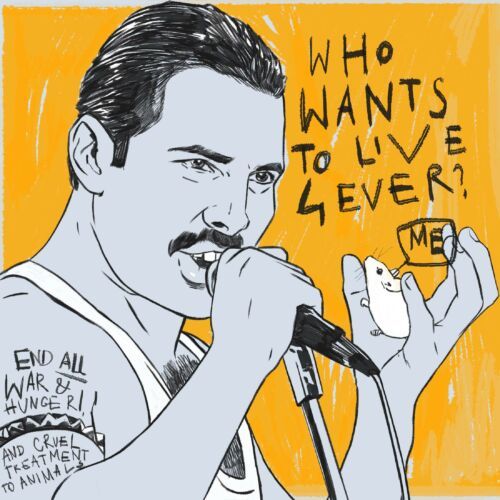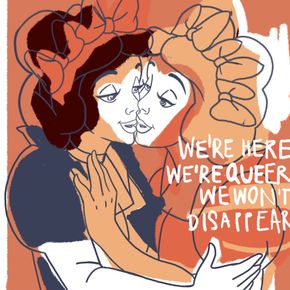Global rise in superbugs and dengue fever in Sudan
The UN warns of the effects of pollution from animal husbandry and health care, and pharmaceutical waste. The substances generated by animal husbandry and pharmaceuticals that are a byproduct of drug manufacturing contaminate waterways and are one of the main sources of strains of superbugs that have developed resistance to all known antibiotics. Poor sanitation and poor health care, as well as a lack of regulation of animal husbandry, threaten the health of people around the world. According to the UN, 10 million people a year could be dying by 2050 as a result of antimicrobial resistance (AMR). The increase in superbugs will also result in a loss of approx. By the end of this decade, $3.4 trillion a year is in the global economy.
The recent rise in mosquito-borne diseases such as dengue and malaria in Sudan has highlighted the fragility of its healthcare system, which bodes ill for the challenges posed by climate change. According to the Sudanese Ministry of Health, dengue spread in 12 of the country’s 18 provinces in the fall and winter of 2022, killing at least 36 people and infecting more than 5,200. Health experts cite several factors for dengue outbreaks: lack of disease surveillance infrastructure, floods where standing water has allowed mosquitoes to proliferate, and the increasing migration of these insects caused by climate change. The Aedes aegypti, a mosquito found throughout Sudan that can carry the dengue virus, is causing particular concern.


























